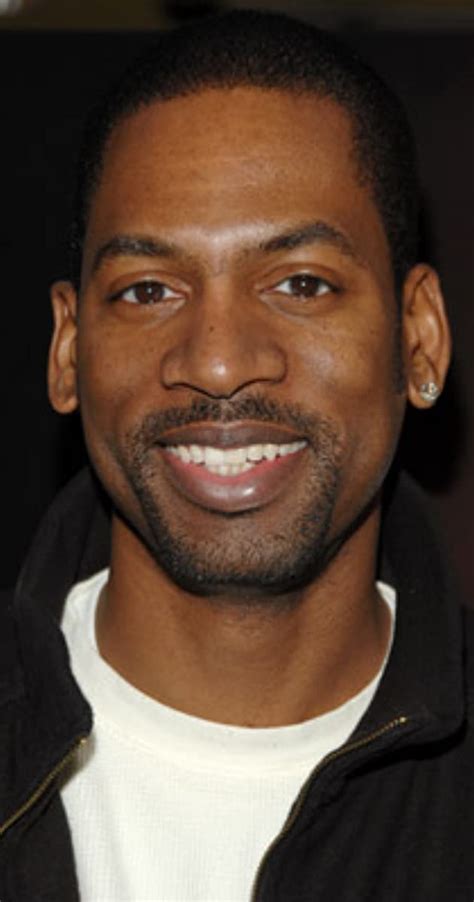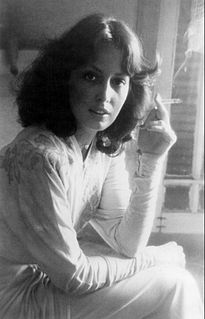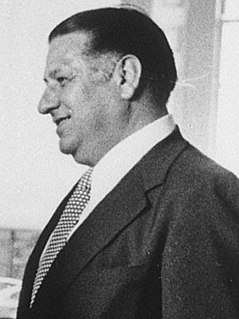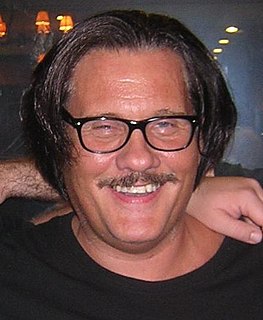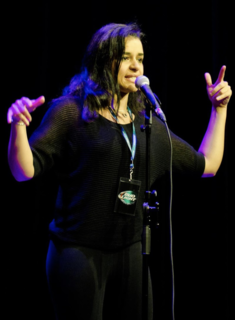A Quote by George Carlin
First I was a mimic. Practically from the moment I began talking, I did impersonations of the people in my neighborhood - the storekeepers, the policemen, my teachers.
Related Quotes
If you have an all-white neighborhood you don't call it a segregated neighborhood. But you call an all-black neighborhood a segregated neighborhood. And why? Because the segregated neighborhood is the one that's controlled by the ou - from the outside by others, but a separate neighborhood is a neighborhood that is independent, it's equal, it can do - it can stand on its own two feet, such as the neighborhood. It's an independent, free neighborhood, free community.
When I was sixteen, I began to think outside the box of my small town. Not that the people in my small town are in a box - they're not! There's a brilliant college there, and I had brilliant teachers from that college. But in terms of a conservative upbringing, which I did have within my own family, I just began to question things and to think for myself.
I began to hear what I was being taught about God, by the priest and my parish, and my exterior teaching did not coincide, did not match up, with my interior reality. And as they were teaching me about that God I was thinking: Who are they talking about? This was not how I experienced God. I gradually began to move away from the God of organized religion.
My last vestige of 'hands off religion' respect disappeared in the smoke and choking dust of September 11, 2001, followed by the 'National Day of Prayer,' when prelates and pastors did their tremulous Martin Luther King impersonations and urged people of mutually incompatible faiths to hold hands, united in homage to the very force that caused the problem in the first place.
I am absolutely certain that generations from now, we will be able to look back and tell our children that this was the moment when we began to provide care for the sick and good jobs to the jobless; this was the moment when the rise of the oceans began to slow and our planet began to heal; this was the moment when we ended a war and secured our nation and restored our image as the last, best hope on earth. This was the moment - this was the time - when we came together to remake this great nation so that it may always reflect our very best selves and our highest ideals.
When you live in a poor neighborhood, you are living in an area where you have poor schools. When you have poor schools, you have poor teachers. When you have poor teachers, you get a poor education. When you get a poor education, you can only work in a poor-paying job. And that poor-paying job enables you to live again in a poor neighborhood. So, it's a very vicious cycle.




